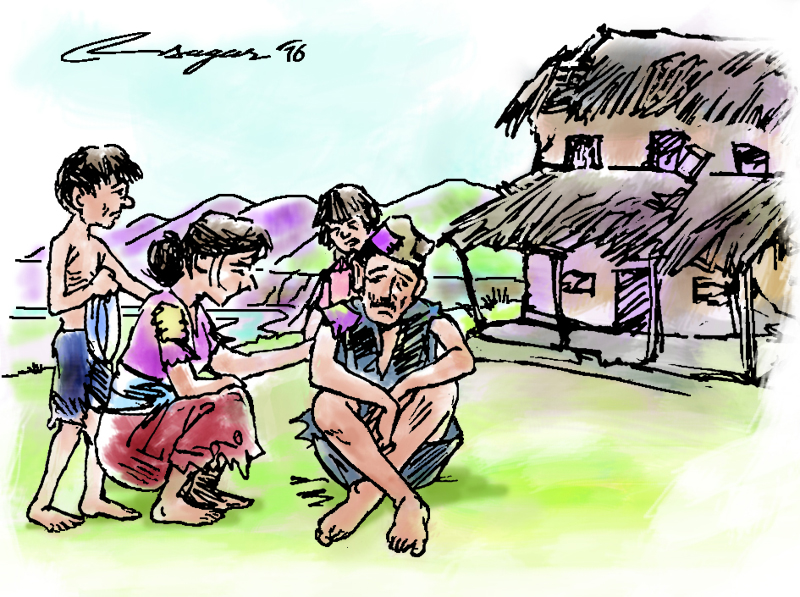Poor nations need help to use big data to tackle disease, poverty says expert
NEW DELHI: From boosting crop yields to controlling the spread of disease, big data analytics is increasingly being used by poor nations to tackle development challenges but a lack of technology infrastructure is slowing efforts, a leading expert has warned.
Paul Szyarto, head of the Big Data program at the US's Rutgers University, said many developing nations are attempting to collect, organise and analyse large, varied data sets to uncover patterns and trends to help address poverty.
For example, countries like Kenya and India are gathering data related to weather patterns and using models to forecast climate variations, which can help farmers adapt agricultural practices, boost crop yields and tackle hunger.
While in West Africa, nations are trying to capture data on previous disease outbreaks, such as Ebola, to predict where an infection may begin, what may cause its spread and identify high risk zones which can be targeted with prevention programmes.
But Szyarto told the Thomson Reuters Foundation on Monday that developing nations were not utilising big data analytics to its full potential, largely due to low investment in infrastructure such as hardware, servers and computers.
"Thanks to technologically advanced countries, there are several models which could be leveraged to analyse data, but most developing countries lack the infrastructure to capture, gather, store and analyse the data being created," said Szyarto in an interview via email.
"Many of these countries lack the technical devices internally and externally to collect unstructured data due to corruption, low operational cash, and plagued poverty."
Szyarto said there were some efforts by Western governments and tech firms such as Microsoft, Amazon, Facebook, and Google, to support the development of data capture and analytics programs in poor nations.
To deal with increasing populations and build smarter infrastructures and cities, China is, for example, leveraging big data to understand how to best provide solutions for water shortages, housing needs, and employment.
While in countries such as Tanzania, Nepal and the Philippines, big data is being used to understand weather and geographical challenges - from analysing flood and earthquake and tsunami risks - to strengthen disaster preparedness.
But Szyarto - who is a global expert on business transformation and advises firms on making fundamental changes in order to cope with shifts in the market environment - said much more needed to be done.
"Many developing countries don't possess the knowledge needed to drive a value-added program around the use of big data," he said.
"Improving the capacity of developing countries begins with developed countries communicating the value of leveraging the data being created, collected, and analysed."






